Natural Boosts: Fertility-Enhancing Foods

What You Eat Can Support What You Dream Of
When you’re trying to conceive, every choice can feel charged with meaning—from supplements to sleep habits. One of the most empowering changes you can make? What’s on your plate. At Reproductive Centers of America (RCA), we believe that nutrition is one of the most accessible (and underestimated) tools in your fertility journey. While no food is a magic bullet, certain ingredients can support hormone balance, egg and sperm quality, and overall reproductive health. Let’s explore what the science—and thousands of hopeful patients—say about fertility-boosting foods.
The Fertility Diet Basics
The foundation of a fertility-friendly diet is similar to any plan that supports hormonal and metabolic health:
- Whole, unprocessed foods
- Balanced macronutrients (healthy fats, lean protein, complex carbs)
- Anti-inflammatory ingredients
- Stable blood sugar levels
- Ample antioxidants and micronutrients
Top Fertility-Enhancing Foods
Berries
Loaded with antioxidants like vitamin C and resveratrol, berries help protect eggs and sperm from oxidative stress.
Leafy Greens (Spinach, Kale, Swiss Chard)
Rich in folate, iron, and calcium—nutrients critical for ovulation, uterine lining, and early pregnancy development.
Eggs
A great source of choline, vitamin D, and high-quality protein—all linked to better embryo development and implantation.
Fatty Fish (Salmon, Sardines, Mackerel)
Packed with omega-3s to support hormone production, reduce inflammation, and improve embryo quality.
Avocados
Full of monounsaturated fats that support hormone regulation and improve uterine blood flow.
Nuts and Seeds (Especially Brazil Nuts, Walnuts, Flaxseed)
High in selenium, zinc, and healthy fats—key for sperm motility and ovulatory function.
Sweet Potatoes
Rich in beta-carotene and complex carbs, helping stabilize insulin levels and support luteal phase health.
Citrus Fruits
Provide vitamin C and potassium to enhance iron absorption and support overall egg health.
What to Reduce or Avoid
- Highly processed foods (trans fats, refined sugar, artificial additives)
- Excess caffeine (aim for <200 mg/day if TTC)
- Alcohol (especially during stimulation or luteal phase)
- High-mercury fish (like tuna, swordfish)
- Plastic-packaged and microwaved meals (due to BPA and phthalates)
Bonus Tip: Stay Hydrated
Fertile cervical mucus, healthy blood flow to the uterus and testes, and cellular detox all require adequate water intake. Aim for 8–10 glasses a day, especially during ovulation and embryo transfer windows.
Fertility is Whole-Body Health
At RCA, we believe in giving your body every advantage—whether you’re trying naturally, preparing for IVF, or just starting to explore your options. That includes science-based nutritional strategies tailored to your needs, cycle phase, and diagnosis.
The Fertility Diet Basics
The foundation of a fertility-friendly diet is similar to any plan that supports hormonal and metabolic health:
- Whole, unprocessed foods
- Balanced macronutrients (healthy fats, lean protein, complex carbs)
- Anti-inflammatory ingredients
- Stable blood sugar levels
- Ample antioxidants and micronutrients
Top Fertility-Enhancing Foods
Berries
Loaded with antioxidants like vitamin C and resveratrol, berries help protect eggs and sperm from oxidative stress.
Leafy Greens (Spinach, Kale, Swiss Chard)
Rich in folate, iron, and calcium—nutrients critical for ovulation, uterine lining, and early pregnancy development.
Eggs
A great source of choline, vitamin D, and high-quality protein—all linked to better embryo development and implantation.
Fatty Fish (Salmon, Sardines, Mackerel)
Packed with omega-3s to support hormone production, reduce inflammation, and improve embryo quality.
Avocados
Full of monounsaturated fats that support hormone regulation and improve uterine blood flow.
Nuts and Seeds (Especially Brazil Nuts, Walnuts, Flaxseed)
High in selenium, zinc, and healthy fats—key for sperm motility and ovulatory function.
Sweet Potatoes
Rich in beta-carotene and complex carbs, helping stabilize insulin levels and support luteal phase health.
Citrus Fruits
Provide vitamin C and potassium to enhance iron absorption and support overall egg health.
What to Reduce or Avoid
- Highly processed foods (trans fats, refined sugar, artificial additives)
- Excess caffeine (aim for <200 mg/day if TTC)
- Alcohol (especially during stimulation or luteal phase)
- High-mercury fish (like tuna, swordfish)
- Plastic-packaged and microwaved meals (due to BPA and phthalates)
Bonus Tip: Stay Hydrated
Fertile cervical mucus, healthy blood flow to the uterus and testes, and cellular detox all require adequate water intake. Aim for 8–10 glasses a day, especially during ovulation and embryo transfer windows.
Fertility is Whole-Body Health
At RCA, we believe in giving your body every advantage—whether you’re trying naturally, preparing for IVF, or just starting to explore your options. That includes science-based nutritional strategies tailored to your needs, cycle phase, and diagnosis.









